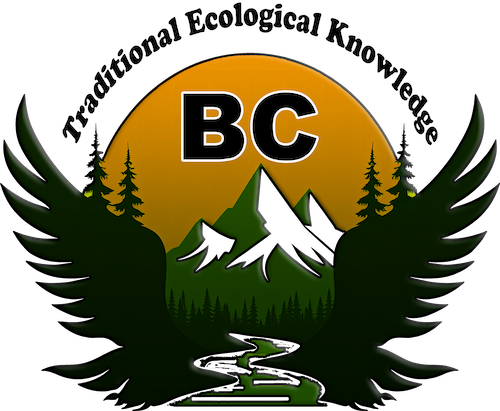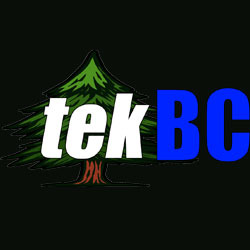Program Overview:
This four-week certification program is designed to immerse participants in Traditional Ecological Knowledge (TEK), with a specific focus on the teachings and practices from Indigenous communities in the traditional territories surrounding Hope, BC. The program combines online learning, in-class sessions, and outdoor field experiences to provide a comprehensive understanding of TEK and its applications for environmental conservation and sustainable practices. It has been developed in consultation with local First Nations to ensure respect, accuracy, and relevance.
Learning Outcomes:
•Gain a foundational understanding of TEK and its significance to Indigenous communities in BC and beyond.
•Learn practical applications of TEK for environmental conservation and sustainability.
•Develop skills in ethical engagement and collaboration with Indigenous communities.
•Be able to apply TEK principles to real-world environmental challenges.
Curriculum
- 3 Sections
- 16 Lessons
- 4 Weeks
Expand all sectionsCollapse all sections
- Weeks 1 & 2: Online LearningTotal Hours: 8 (Mondays and Fridays) - Format: Virtual Classes4
- Week 3: In-Class Session (Hope, BC)Total Hours: 6 (Friday) • Format: Classroom Learning and Interactive Workshops6
- 0.0Session 1 (Morning): Deep Dive into Local TEK Practices
- 0.1Detailed examination of TEK related to the Hope area and its application in local environmental contexts
- 0.2Guest speakers from local Indigenous communities
- 0.3Session 2 (Afternoon): Practical Application of TEK
- 0.4Interactive workshop on implementing TEK in various settings (e.g., urban planning, conservation projects, educational programs)
- 0.5Developing proposals for TEK-based projects
- Week 4: Outdoor Field Trips (Manning Park)Total Hours: 8 (Monday and Tuesday, 4 hours each) - Format: Field Learning and Practical Application6
- 0.0Field Trip 1 (Monday): Plant and Ecosystem Identification
- 0.1Hands-on learning about local plant species, their uses, and their roles within ecosystems
- 0.2Techniques for observing and documenting ecological relationships
- 0.3Field Trip 2: Conservation Practices and Land Stewardship
- 0.4Observation and participation in traditional land stewardship practices
- 0.5Discussions on sustainable management of natural resources based on TEK
Requirements
- To receive certification, participants must attend all online and in-class sessions, participate in both field trips, and submit a project proposal that applies TEK to a conservation or sustainability challenge by the end of the program.
Target audiences
- This program is suited for environmental professionals, educators, community leaders, and anyone interested in integrating Indigenous perspectives into environmental conservation and sustainability practices.

